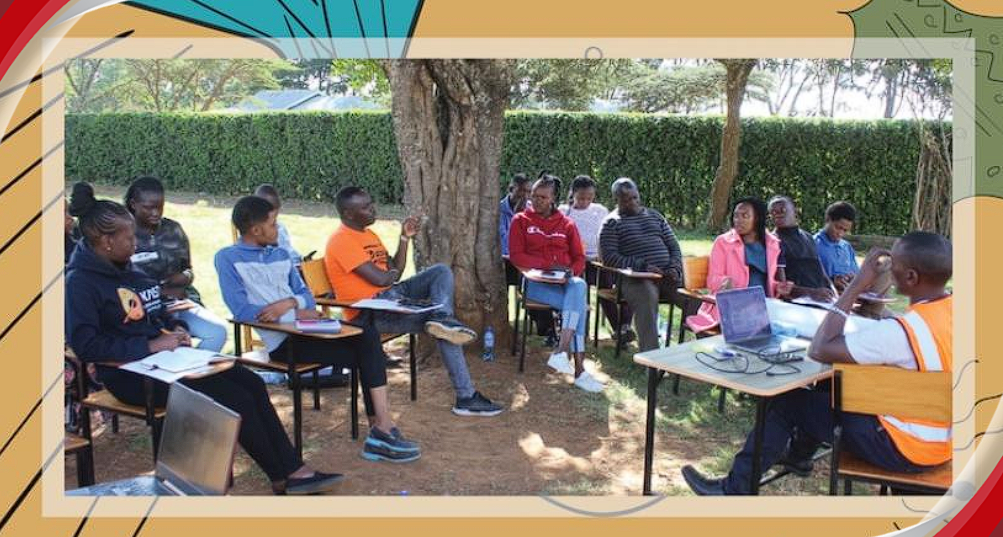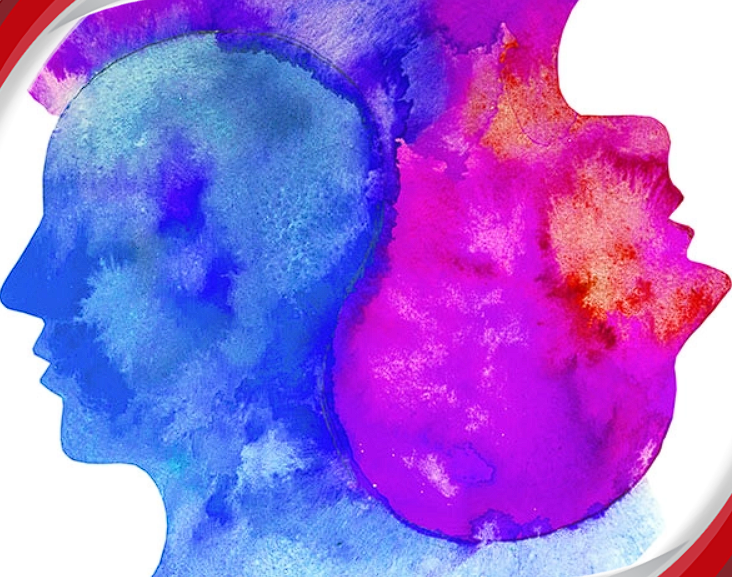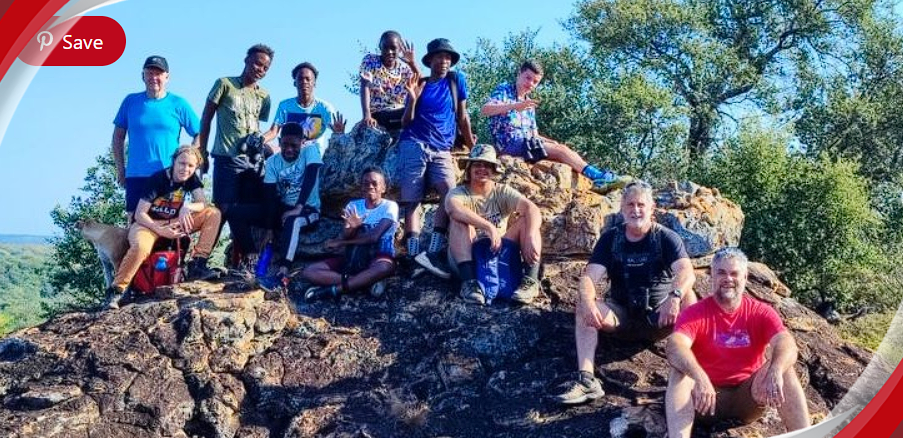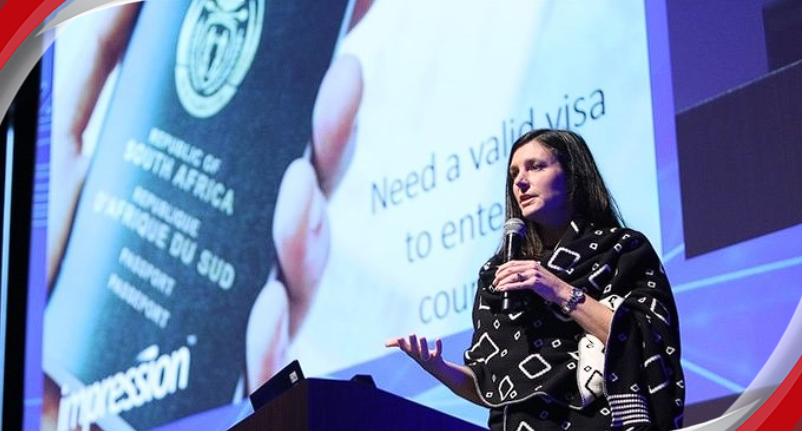Articles
Khulisa’s GBV dialogue circles reveal the need for male victim support
-
1 year ago
For over 25 years Khulisa Social Solutions has been delivering peacebuilding, community-led mediation, and social cohesion interventions to vulnerable communities in South Africa. Data and insights gathered through their recent dialogue circles for 16 Days of Activism have painted an urgent picture indicating that male victims of GBV feel isolated and too ashamed to speak up about their trauma and experiences.
“Understanding South Africa’s history and the context of GBV, it is evident that women are the most vulnerable group. We also need to understand that men can be victims of GBV as well, especially boys in their adolescent years. This is not addressed enough in South Africa” shares Africa Monyai, criminology researcher and programme officer at Khulisa. “Providing young men with the support resources and safe spaces for them to process and overcome trauma is crucial to help them establish healthy coping mechanisms. If young male victims do not get the support they need, evidence shows that this can lead to them inflicting the same harm and abuse that they experienced.”
Khulisa’s Sophiatown Victim Empowerment Center has played a major role in supporting male victims who have experienced domestic violence, child neglect, abuse from partners, and where substance abuse affects their household.
Male victims of gender-based violence face distinct challenges as they navigate a societal landscape often focused on female victimization. While GBV disproportionately affects women, it is crucial to acknowledge that men can also be victims. These forms of violence encompass physical, emotional, and sexual abuse, yet cultural norms surrounding masculinity may discourage men from reporting their experiences. Societal expectations that equate strength with emotional stoicism can exacerbate the trauma male victims endure, making it difficult for them to come forward and seek help.
“From interventions with over 150 ex-offenders over the past year, we found that they have all been victims of abuse and violence themselves. This reveals that many men feel that they do not have a safe space to report their experiences or discuss their trauma with others. This often leads to a build-up of anger and inadequate coping mechanisms which can sometimes lead to violent behaviour. During our dialogue circles, we aim to create these safe spaces for experience sharing and to dissolve the stigma around men being vulnerable. This needs to become normal,” adds van Monyai.
To find out more information on Khulisa Social Solutions and their work to support male GBV victims, visit www.khulisa.org.za or get in contact at lesleyann@khulisa.org.za.
Related Articles Posts
Categories
Popular Post
-
 SA’s IT spend to outpace GDP growth 1 year ago
SA’s IT spend to outpace GDP growth 1 year ago -
 Vodacom, Netstar launch free in-taxi Wi-... 1 year ago
Vodacom, Netstar launch free in-taxi Wi-... 1 year ago -
 South Africa under pressure to fill cybe... 1 year ago
South Africa under pressure to fill cybe... 1 year ago -
 Organisations with a strong employee val... 1 year ago
Organisations with a strong employee val... 1 year ago -
 Joint policy-in-action event highlights... 1 year ago
Joint policy-in-action event highlights... 1 year ago -
 Boost your digital transformation journe... 1 year ago
Boost your digital transformation journe... 1 year ago








